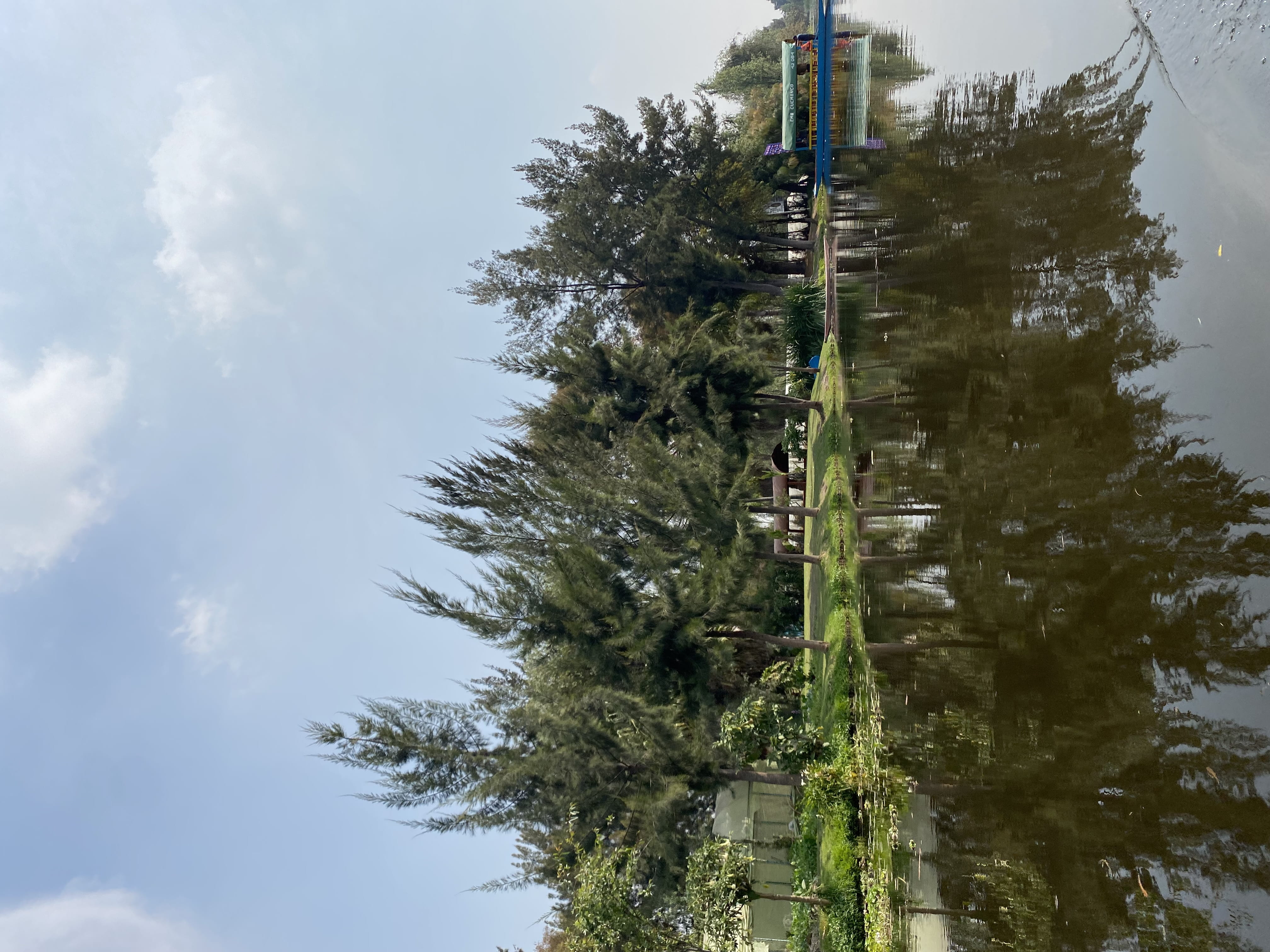Our last week at IBERO was short but very busy! It was a week of lasts – last classes, last lunches, last bus rides. The final projects that we had been working on during our time here were due on Thursday. My project discussed the power imbalances in environmental management, particularly focusing on the different values placed on indigenous and western knowledge. This was an idea introduced to me in a class back at UoA, but I expanded on it over here, in particular, learning more about the Mexican context. Writing the 15-page report consumed my week, especially as we had previously had very little spare time to complete it! Previously I wasn’t a coffee drinker, but during this week, my reliance on coffee definitely grew!
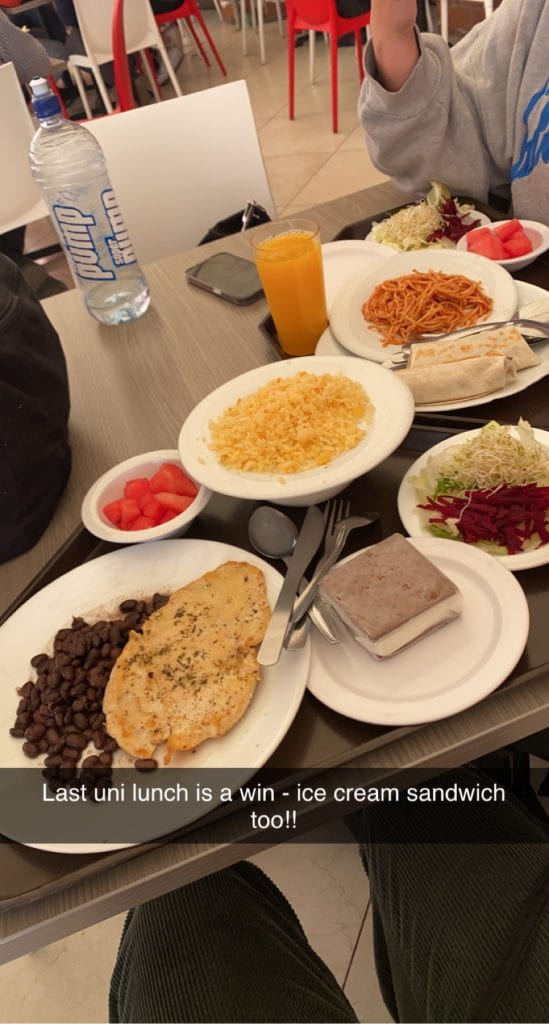
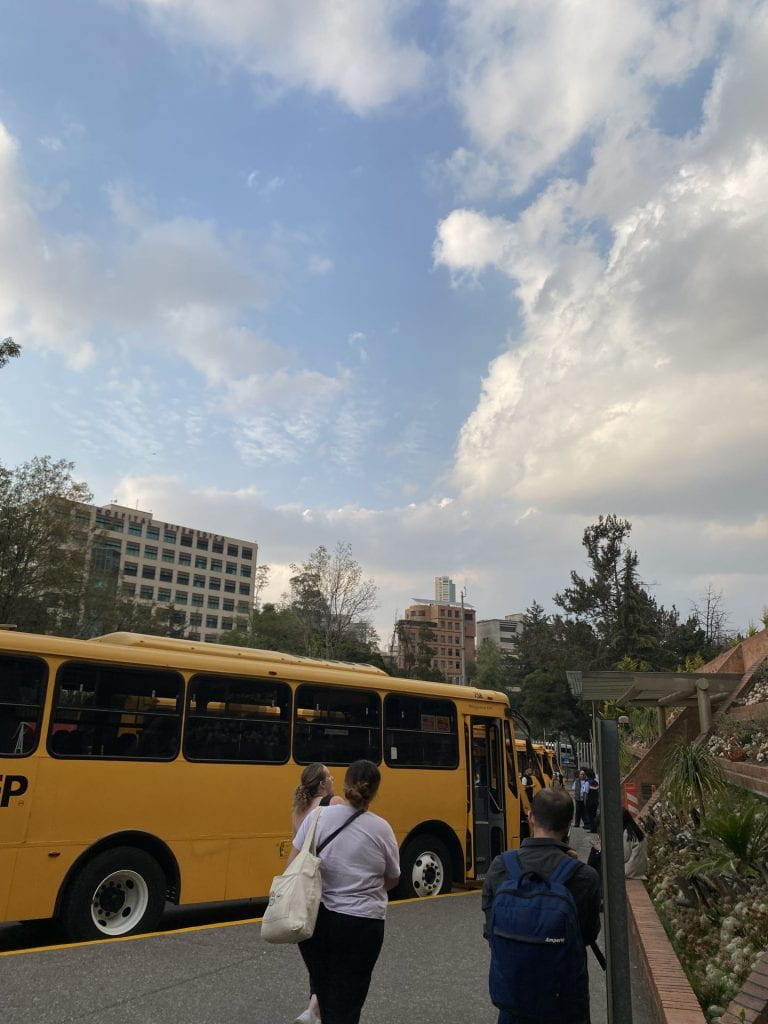
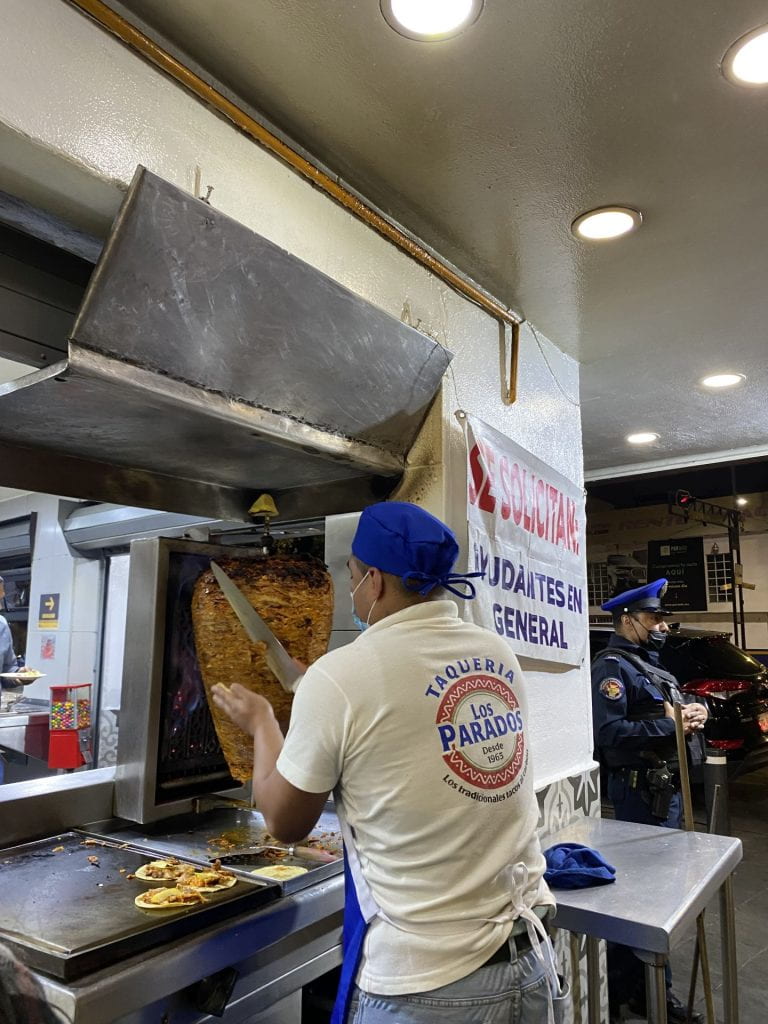
After getting back from Guadalajara on Monday, we had only 3 days of classes on our final topic – environment and sustainability. Our learning was centred around watching the documentary ‘Home’ by Yann Bertrand (2009). While watching it, we would pause in certain places and discuss ideas. As one of my majors is the global environment and sustainable development, I had learnt about this topic before, so the facts weren’t surprising. However, it did remind me just how much humans have degraded the environment and how we continue to use resources as if they were exponential despite knowing the consequences. It can be easier to ignore these facts and continue life as normal, and this, in part, is due to the current discourse around climate change. Most media outlets and information focuses on the disaster side and is full of doom and gloom. This creates feelings of hopelessness. Our teacher highlighted the importance of a discourse of hope. Globalisation has been very powerful in spreading the current messages – how can we use the same system to spread different messages?
We also considered the question of what progress and development is. Should continuous progress be our goal? Is the standardisation of one idea of progress something that we should aspire to? How does this affect our social relations? These are questions with complex answers, which would differ depending on whom you asked. Overall, our professor highlighted the importance of situated knowledge to combat climate change as well as a reprioritisation of what we want, not placing economic growth at the top but social and cultural values as well. The key message that stood out to me was that sustainability has to be just – something cannot be sustainable if it exploits a person’s rights. Climate adaptation and mitigation plans have to have strong social foundations. Access to food, water, health care, good income, education, resilience, social equity, and gender equality all have to be addressed so that people have the energy and capacity to fight climate change. A person who is unable to meet their daily needs is going to have priorities that don’t include climate change. I think this needs to be considered more when talking about adaptation and mitigation plans, that looking after our planet includes looking after each other.
Our visit this week was to Chinamperos in Xochimilco. Xochimilco is in the south of Mexico City and is the last place where you can see the original lake that the city was built on. The ‘islands’ in Xochimilco were built hundreds of years ago by the Mixtecs. Mostly known as a tourist attraction where you go on colourful boats, listen to mariachi bands, and get drunk with friends, we were instead visiting one of the last remaining farms in the area. Previously there were hundreds of families producing crops, but these numbers have fallen as it has become less and less profitable to live there. The waters of Xochilmilco are also heavily polluted. The cooperative we went to was an example of a farm using traditional methods mixed with scientific ideas to be sustainable producers. On their land, they had a natural water filtration system to clean their polluted water, which was put in place by the local University of Mexico. Once implemented, it requires very little upkeep and can also be used as a healthy environment for axolotls, which are endangered and native to Mexico. It was really cool to see a more natural part of the city and see how a lot of the city’s produce is grown. It was a beautiful place, and it was very easy to see why the local people are fighting to preserve it

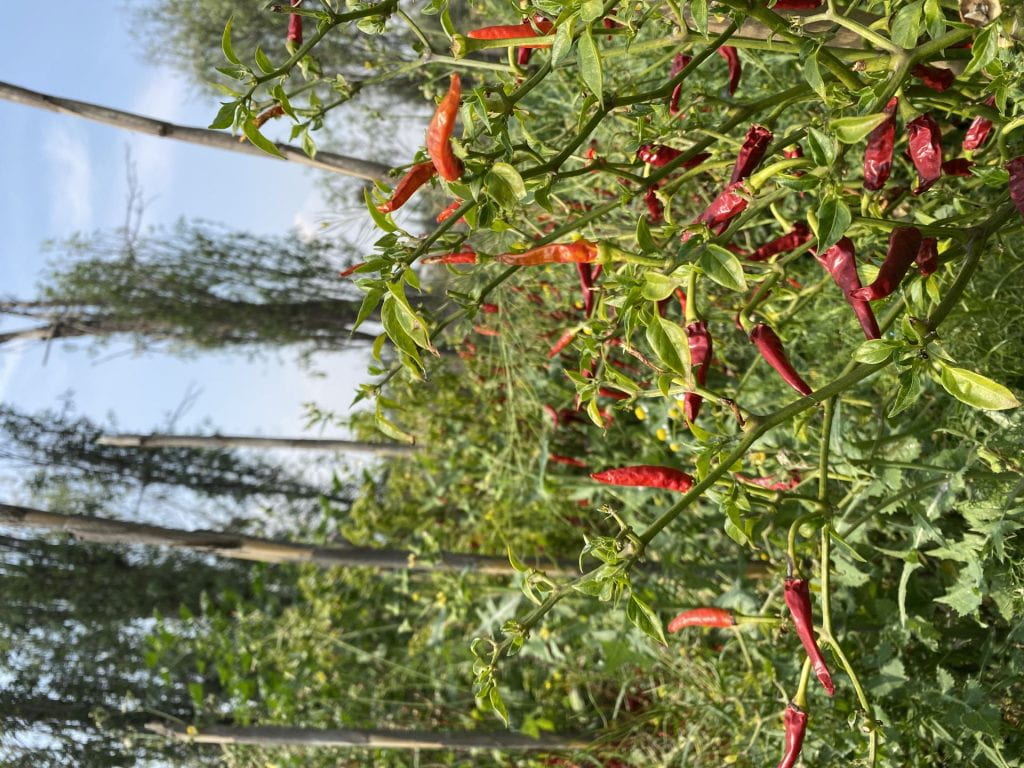
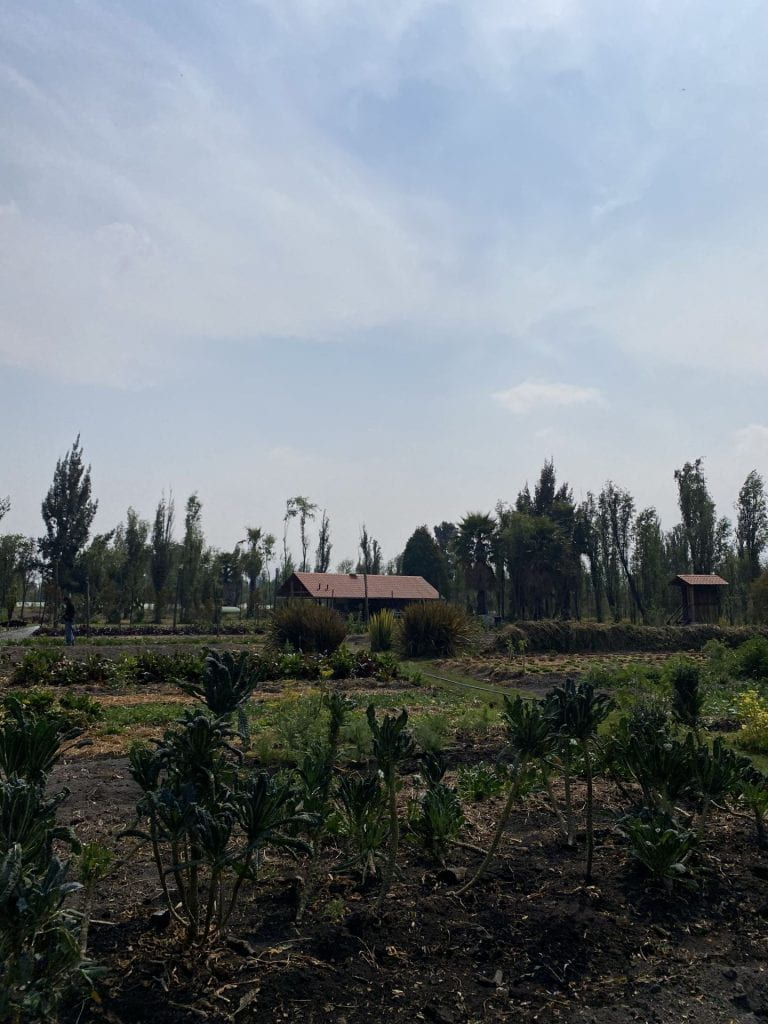
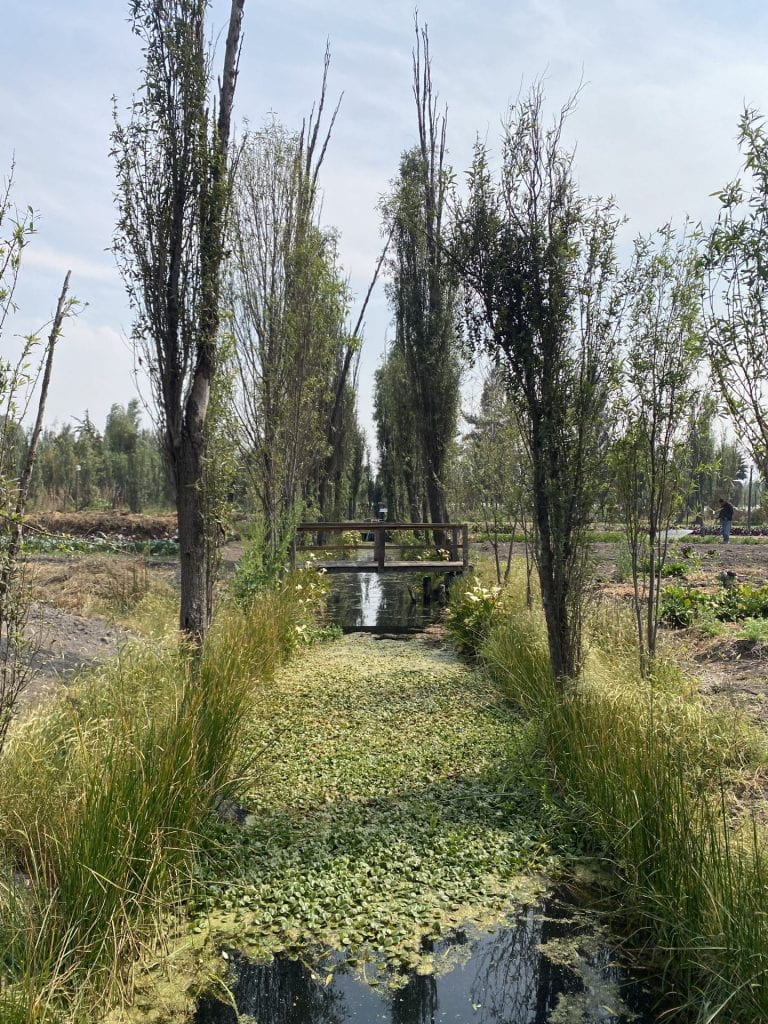

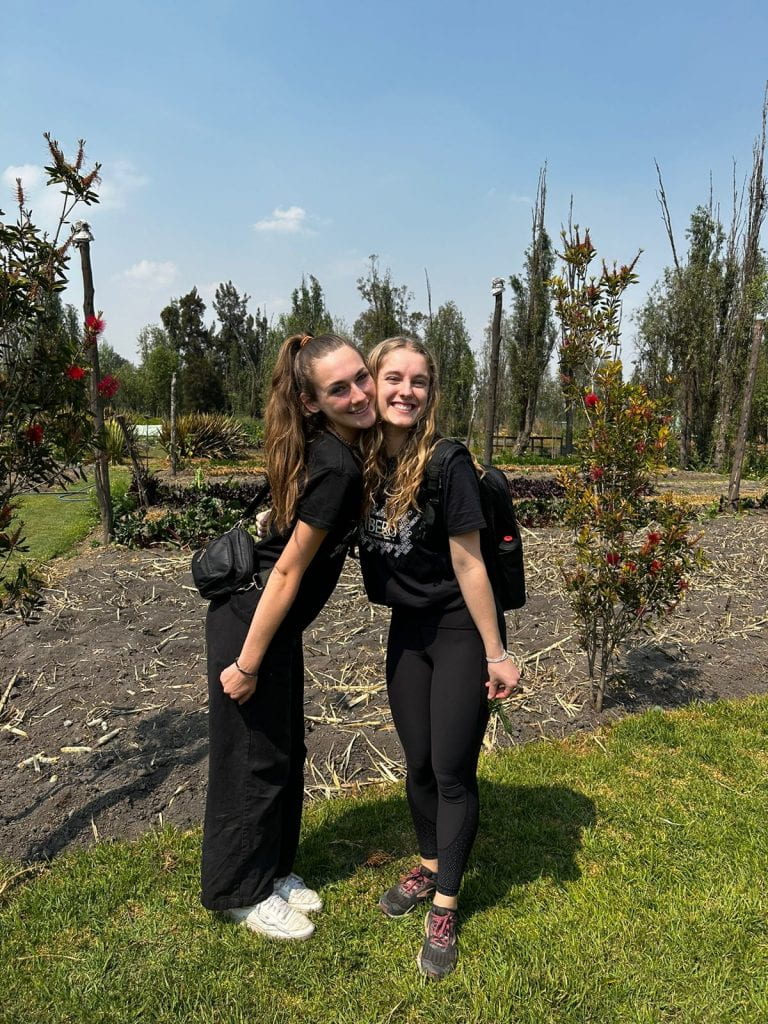
Our weekend included big sleep-ins to recover from the past week and get ready for the exciting one ahead. We went to our last uni-organised party at a rooftop pool which was a crazy experience and got in the football spirit by making a feast of some of the recipes we had learnt to eat while watching the Superbowl.
